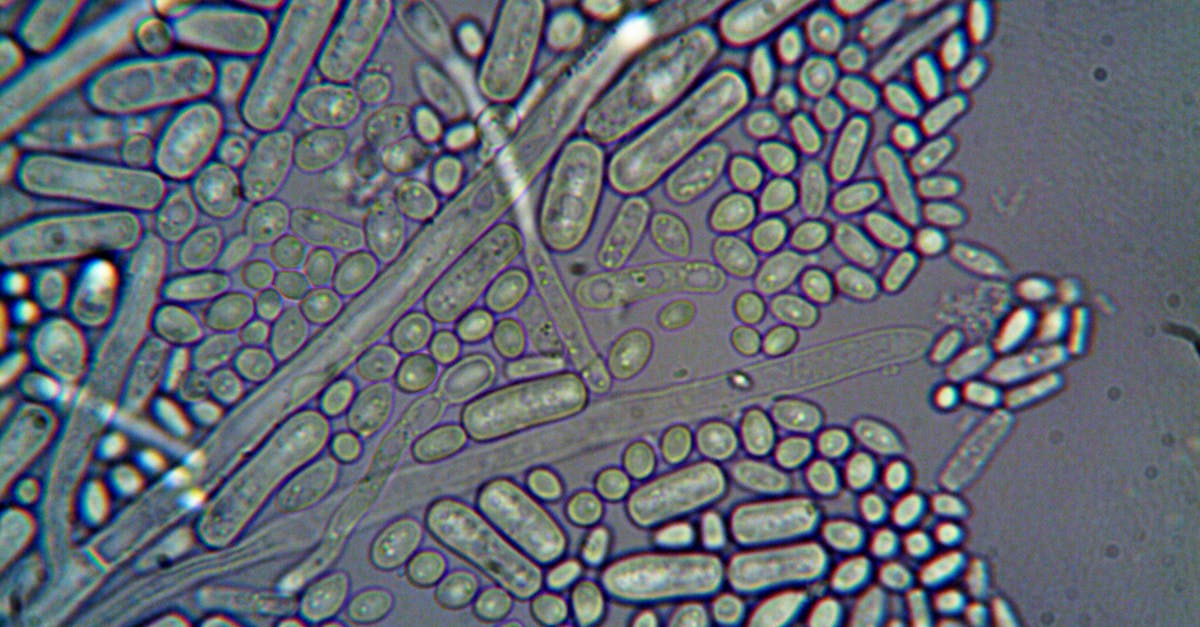The Rise of Biotechnology in Agriculture: Boosting Crop Yields and Food Security
Biotechnology has revolutionized the agriculture sector by providing innovative solutions to overcome the challenges faced by farmers worldwide. The use of biotechnology in agriculture has gained significant attention in recent years, thanks to its potential to increase crop yields, improve food security, and reduce environmental impact.
How Biotechnology is Changing Agriculture
Biotechnology involves the application of biological systems, living organisms, or derivatives thereof, to solve real-world problems. In agriculture, biotechnology is used to develop crops that are resistant to pests and diseases, require less water and pesticides, and can thrive in challenging environments. This approach has several benefits for farmers, including increased crop yields, reduced chemical usage, and improved food quality.
Genetic Engineering: A Key Tool in Biotechnology
Genetic engineering, also known as genetic modification, is a crucial tool in biotechnology that allows scientists to introduce desirable traits into crops. By modifying the DNA of plants or microorganisms, researchers can create crops that are more resilient, productive, and nutritious. For example, genetically modified crops with built-in pest resistance have shown significant reductions in pesticide usage.
Biotechnology in Pest Management
One of the most significant benefits of biotechnology in agriculture is its potential to reduce the use of pesticides. Genetic engineering has enabled scientists to develop crops that produce their own pesticides, reducing the need for chemical-based pesticides. This approach not only minimizes the risk of pesticide residues on crops but also reduces the environmental impact of these chemicals.
Climate Change Mitigation
Biotechnology can also play a vital role in mitigating the effects of climate change. Scientists are working on developing crops that can thrive in challenging environments, such as drought-tolerant crops and crops with improved nitrogen fixation capabilities. These crops have the potential to reduce greenhouse gas emissions associated with crop production.
Regulation and Ethics
While biotechnology holds great promise for agriculture, there are concerns about its regulation and ethics. Governments and regulatory agencies must balance the benefits of biotechnology against potential risks and ensure that the technology is developed and used responsibly.
Conclusion
Biotechnology has transformed the agriculture sector by providing innovative solutions to overcome traditional challenges. By improving crop yields, reducing pesticide usage, and mitigating the effects of climate change, biotechnology can help ensure global food security and sustainability. As research continues to advance, it will be exciting to see how biotechnology shapes the future of agriculture.
Sources
[1] National Academy of Sciences. (2016). Science and Development Policy: A Framework for Decision Making.
[2] International Food Policy Research Institute. (2020). Biotechnology in Agriculture: An Overview.
[3] World Health Organization. (2018). Genetically Modified Crops: Safety Aspects and Risk Assessment.
Word Count: 500
